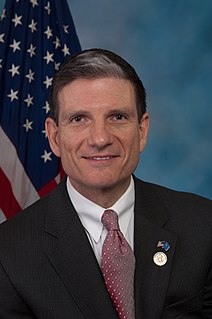A Quote by David Suzuki
Some solutions are relatively simple and would provide economic benefits: implementing measures to conserve energy, putting a price on carbon through taxes and cap-and-trade and shifting from fossil fuels to clean and renewable energy sources.
Related Quotes
But to truly transform our economy, protect our security, and save our planet from the ravages of climate change, we need to ultimately make clean, renewable energy the profitable kind of energy. So I ask this Congress to send me legislation that places a market-based cap on carbon pollution and drives the production of more renewable energy in America.
In reality, Republicans have long been at war with clean energy. They have ridiculed investments in solar and wind power, bashed energy-efficiency standards, attacked state moves to promote renewable energy and championed laws that would enshrine taxpayer subsidies for fossil fuels while stripping them from wind and solar.



































